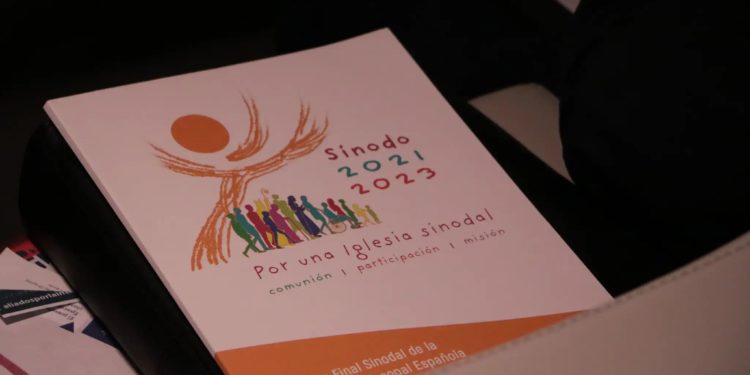The synthesis identifies “the difficulty and sometimes the rejection in encountering the diverse, the different.” Specifically mentioned are the poor, marginalized, and people with disabilities or with “various family or affective situations.”
“The scandal of sexual abuse also produces tension,” and the prelates noted the repeated mention of “the scarce participation of young people in the synodal process and in the life of the Church.”
Faced with this issue, the bishops feel challenged “to learn to listen to them” and to change the way of communicating the Gospel, “which must be creative, understandable, inclusive, and generate intergenerational dialogue.”
The summary document also includes the call for greater liturgical formation and the call to “show the relationship between the liturgy and life” through “a renewal of forms and language.”
Synodal priorities
Finally, the synthesis prepared by the Spanish bishops raises several “specific priorities that must be the object of further discernment in the Synodal Assembly.”
The first is “promoting welcoming in our communities, particularly of those who feel excluded due to their origin, their affective situation, sexual orientation, or other reasons.”
Second is the call to “promote the real and effective co-responsibility of the people of God, overcoming clericalism, which impoverishes our being and mission.”
Recognizing definitively “the role of women in the Church and promoting their full participation and in conditions of equality, at all levels of ecclesial life” constitutes the third priority.
In addition, the bishops point to the integration and participation of young people, making formation more dynamic, promoting “dialogue with the world and culture, with other religious denominations and with nonbelievers.”
Finally, they point out the need to “attend to the liturgy through formation and a greater comprehensibility of its rites and contents.”
(Story continues below)
This story was first published by ACI Prensa, CNA’s Spanish-language news partner. It has been translated and adapted by CNA.
Credit: Source link




